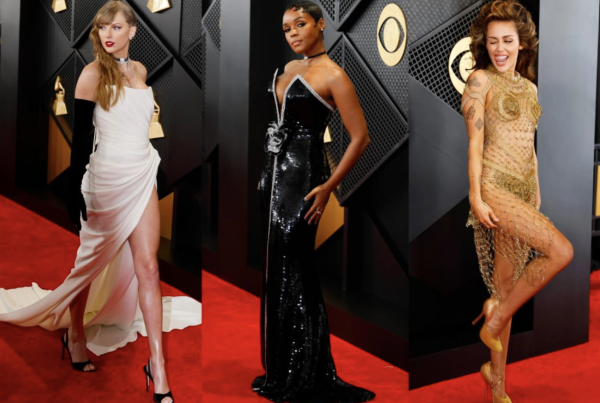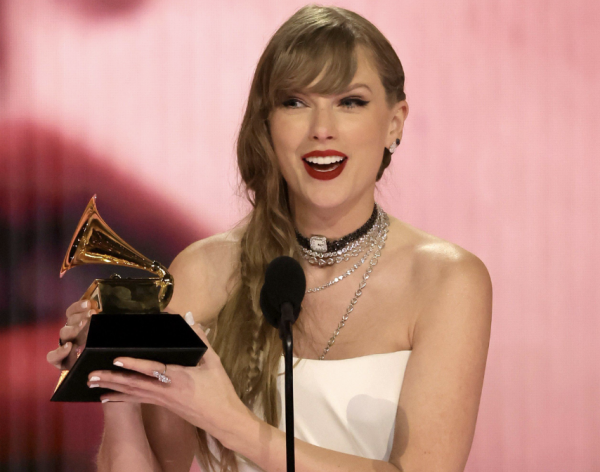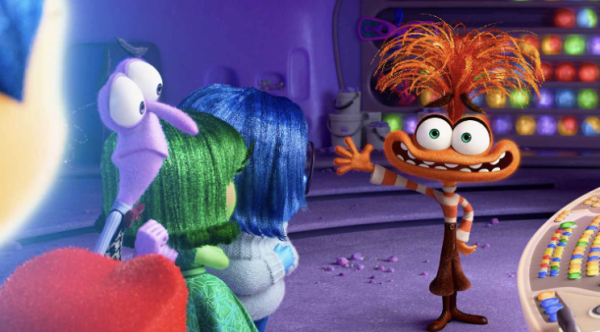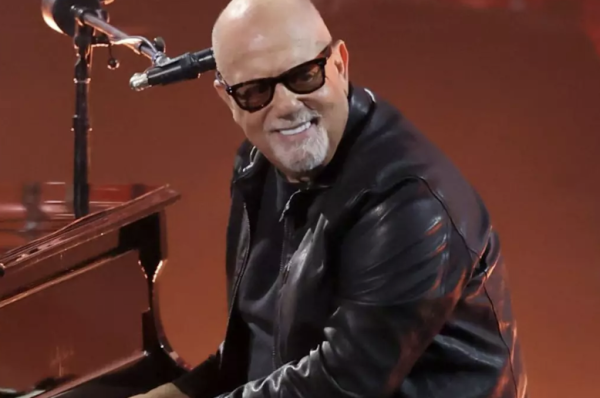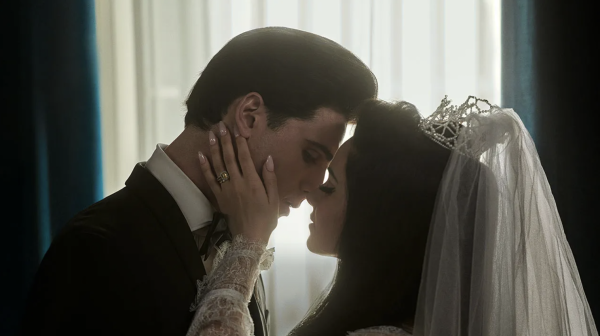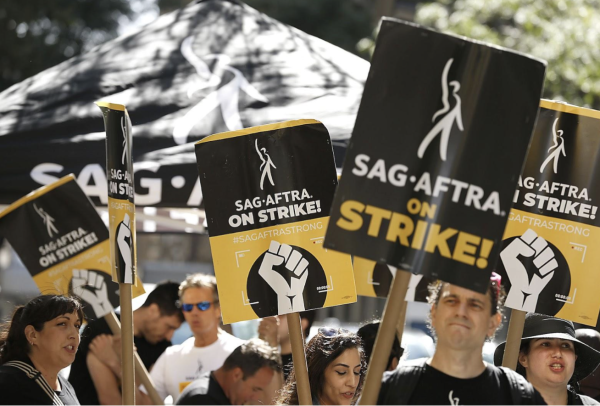The Voice: Focusing on What Matters
December 14, 2015
On September 21, 2015, The Voice, a wildly popular reality singing show, began its ninth season on NBC. While the idea of televised vocal competitions has been around for years, The Voice distinguishes itself because of its unique premise. The show features four incredibly accomplished and talented musicians, Pharrell Williams, Gwen Stefani, Adam Levine, and Blake Shelton, that act as coaches who mentor aspiring singers.
Besides the high caliber of the panel and talent of the artists, perhaps the most entertaining part of the season is witnessed during the “blind auditions”; when vocalists audition, they do so with all four of the coaches backs facing towards them. If the coaches like what they hear, then they press a button to turn around and invite that person to be on their team. This allows for the focus to be placed solely on the voice and eliminates predetermined expectations or distractions stemming from one’s appearance.
Despite the fact that artists are auditioning in front of huge celebrities, the knowledge that they are not being judged on their exterior provides shy, quirky, or unexpected contestants with the confidence to audition. In fact, some of The Voice’s most unforgettable moments are when the coaches turn around in complete shock at the disparity between how one looks versus how they sing. Male voices are frequently misinterpreted as female and vice versa, which only adds to the anticipation and unpredictability of the show.
Another facet of The Voice’s massive success is the positive environment that it generates. The fact that Williams, Stefani, Levine, and Shelton refer to themselves as “coaches,” rather than “judges,” is not by coincidence. The show presents itself immensely differently than other singing competitions in that the contestants are only provided with constructive feedback, not criticism. As a result, The Voice’s atmosphere appears encouraging, and comedy is gained from the camaraderie amongst the coaches, rather than from humiliating or discouraging people.
Even during the Battle Rounds and the Knockout Rounds, in which two contestants are paired and compete directly against one another, both the artists and the coaches appear as a genuinely supportive team, which makes the show more far more pleasant to watch. For example, when Gwen Stefani’s contestant Korin Bukowski forgot the lyrics during one of her songs, Pharrell applauded her “getting knocked down and getting right back up,” and only focused on the positive lessons that she could learn from her mistakes.
The last round of The Voice is the live shows; these are extremely impressive in that they reveal the authenticity of the humor amongst the coaches, especially Adam and Blake, proving that it is not edited or scripted, and that all the artists sincerely have amazing voices. Each contestant performs a song each week, the American public can vote, and then artists are eliminated the following night.
A particularly interactive part of the eliminations takes place when the bottom two contestants have to perform for survival. The public then has only five minutes during a commercial break to “instantly save” their favorite singer. As of December 1st, there are nine artists left in the competition that are dispersed throughout all four of the coaches’ teams. The live finale of The Voice premieres on December 15th on NBC.




